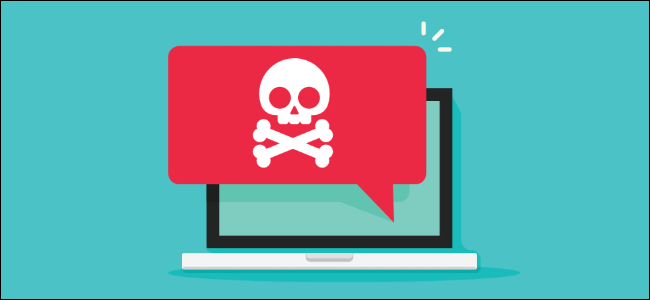
Considering how important laptops are these days for work and play alike, it would be unfortunate if a virus or some other malware infects it and renders all your data unusable. Find out how to spot the signs of a virus and how to address it.
Common malware symptoms and ways they affect your laptop
Sometimes the signs of a virus aren??t that obvious, but that doesn??t mean you can??t spot them. Below are common indications that your laptop may be affected by malware:
?½ Your laptop begins to run slower than usual or slows down when accomplishing a task.
Malware can significantly slow down your OS, regardless if you??re only using your laptop for browsing the internet or for lighter computing tasks. If your laptop is slowing down, this might also be an indicator that you??re low on RAM or you??re running out of storage space on your hard disk. It might also indicate that you??re using too many computer resources.
?½ Your laptop constantly unexpectedly freezes or hangs.
If your device constantly freezes, it could be because of a technical issue as well as a malware issue.
?½ You’re running out of disk space.
Viruses can render your laptop unusable. Some viruses multiply and use up all your available storage space, making your device unusable.
?½ Your hard drive works extra hard.
If your hard drive makes a lot of noise even though you??re not using your laptop, it may be exerting itself due to a virus.
?½ You encounter unfamiliar Desktop icons.
If you??re seeing new icons on your Desktop and you don??t remember downloading them, you might have unwittingly downloaded a potentially unwanted program (PUP). PUPs can make you vulnerable to data leaks.
?½ Error messages or ads may constantly pop up.
It’s annoying to deal with annoying pop up ads or messages regularly, but this is a typical sign that your laptop is infected with a malware type called spyware, which is used to steal your data without your knowledge. To minimize the risk of getting infected by malware:
?½ Practice safe web browsing and never click on suspicious looking pop-up ads or messages.
?½ Avoid opening or replying to suspicious, unsolicited emails.
?½ Practice vigilance when downloading free software and other applications.
Protecting your laptop from viruses
Now that we??re more connected than ever, our devices are more susceptible to viruses and other malware. Fortunately, you can avoid viruses form wreaking havoc on your laptop.
?½ Practice safe browsing habits and avoid clicking on suspicious ads and messages.
?½ Install a reliable antivirus or anti-malware program and make sure that it is up-to-date.
?½ Install an ad blocker for your web browsers. ?½ Get rid of the temporary files on your laptop.
?½ Install OS updates regularly.
?½ Practice backing up your data regularly.
If it doesn??t work out, you can always find the best place to sell laptop units that are rendered unusable. You can still get cash for laptop units, even if they??re old or buggy.










